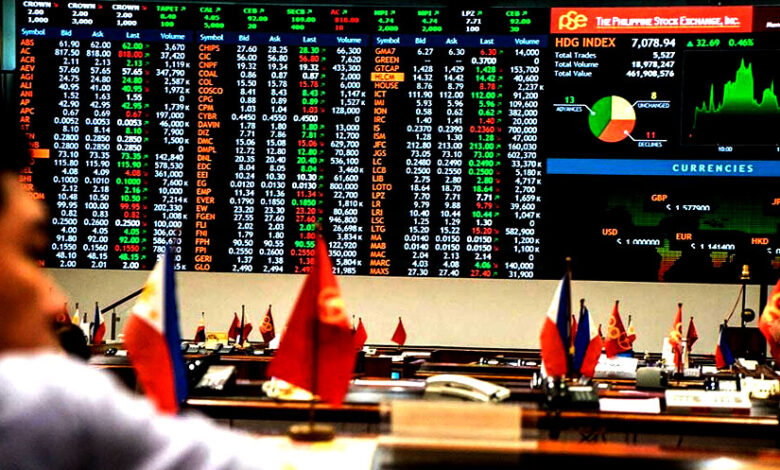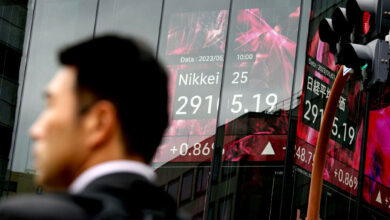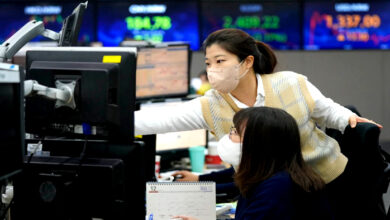Concerns about China’s growth caused Asian markets to fall.

HONG KONG (AFP) – Asian stocks fell on Tuesday because investors were worried about how China’s restrictions on COVID would affect the world’s second-largest economy. At the same time, investment banks cut their forecasts.
The strong rally on Wall Street, where the Dow closed 2.0% higher, did not carry over to Asia, and Beijing’s announcement of a new set of measures to stimulate the economy did little to calm nerves.
After a meeting of the State Council led by Premier Li Keqiang, the Xinhua news agency reported that the package announced on Monday includes more tax rebates worth more than 140 billion yuan ($21 billion). This brings the total amount of tax relief this year to 2.64 trillion yuan.
Beijing’s “zero-covid” approach to the pandemic has hurt China’s economy. This is because it has led to long lockdowns of major cities and tests for millions of people.
Long-term virus lockdowns have cut off supply chains, lowered demand, and stopped production.
Because of the impact of the coronavirus strategy, investment banks UBS Group and JPMorgan Chase lowered their predictions for China’s economic growth.
Bloomberg News said that UBS cut its estimate for GDP growth in 2022 from 4.2% to 3.0% on Tuesday, while JPMorgan cut its estimate from 4.3% to 3.7% on Monday.
Bloomberg reported that UBS economists, including Tao Wang, wrote in a research note, “The lingering restrictions and lack of clarity on an exit strategy from the current Covid policy will likely dampen corporate and consumer confidence and make it harder to release pent-up demand.”
China wants its economy to grow by about 5.5 percent for the whole year, but data released in April showed that the economy only grew by 4.8 percent in the first quarter. This is because China’s economy slowed down in the second half of last year.
Investors were scared on Tuesday because they were worried about what would happen to the economy as a result of China’s stubborn pursuit of a zero-Covid approach and how that would affect supply chains and the global economy as a whole. As a result, Asian markets were well in the red.
Tokyo was down 0.5%, and Hong Kong was down 1.5% after the leader of Hong Kong, Carrie Lam, said that quarantine travel restrictions were unlikely to be eased for the rest of her term, which ends on June 30.
Both Shanghai and Seoul were down 0.8%, and so were Taiwan, Bangkok, Sydney, and Manila. Singapore was one of the few places where prices went up.
Later this week, investors will be looking at the minutes from the last meeting where the Federal Reserve set interest rates to see if they can learn anything about future rate hikes that are meant to slow inflation. The state of the US economy will also be shown by a number of economic numbers.
“If inflation stays high and the Fed needs to be more aggressive, assets aren’t cheap enough yet,” said Stephen Innes of SPI Asset Management. “In that case, more recession risk will need to be priced in through lower earnings.”
“However, if inflation does go down, there are a lot of great opportunities, especially if the “storm clouds” that have been hanging over the economy clear up.“
Both contracts for oil went down by about 0.4%.
“Energy traders see rough seas ahead for oil prices as there is still a lot of uncertainty about the global economy and how the EU’s ban on Russian oil is going,“ said Edward Moya of OANDA.





